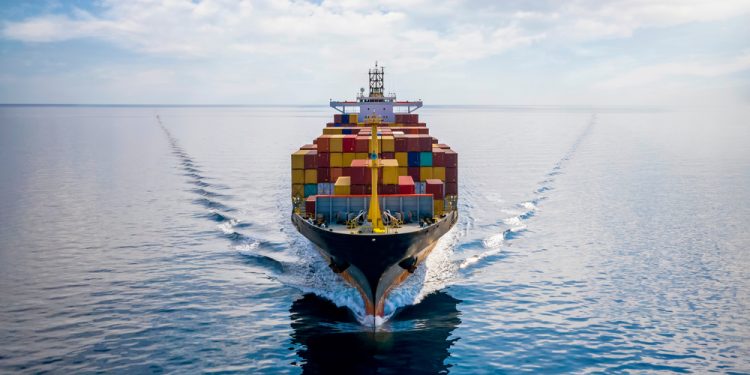Transport and Environment (T&E) published its views in response to the questions posed in the Developing the UK Emissions Trading Scheme (UK ETS) consultation.
As T&E said, UK’s announcements and subsequent consultation on how to make the UK ETS net zero compliant are welcome. The UK has already committed to reducing emissions from international aviation and shipping by including those emissions in its carbon budgets from 2033 onwards.
However, since then no actual regulations have been introduced to achieve this, and so the proposals outlined in the consultation are good first steps. Unfortunately though, they don’t go far enough
[smlsubform prepend=”GET THE SAFETY4SEA IN YOUR INBOX!” showname=false emailtxt=”” emailholder=”Enter your email address” showsubmit=true submittxt=”Submit” jsthanks=false thankyou=”Thank you for subscribing to our mailing list”]
Namely, the decision to exempt international shipping will exempt 60% of UK shipping emissions, forego revenues and fundamentally undermine decarbonisation efforts.
Therefore, the UK’s shipping ETS should include the UKs share – 50% – of international shipping emissions within the ETS. It should also ensure an appropriate ETS scope, by regulating all relevant greenhouse gases (GHGs), all ships above 400 GT and all ship types, not just those carrying cargo and passengers.
In addition, regarding carbon pricing and if it can drive decarbonisation in the domestic maritime sector, T&E noted that “the ETS on its own will not drive decarbonisation to a significant extent. It is important for applying the polluter-pays principle and generating revenues, but it will not bridge the price gap between conventional and clean fuels.”
It is therefore key that the ETS revenues are used appropriately, for example to subsidise clean fuels through (Carbon) Contracts for Difference, and that other policy instruments – such as a stronger clean fuel requirement under the UK’s Renewable Transport Fuel Obligation (RTFO) – are put in place to improve the energy efficiency and/or reduce the GHG intensity of shipping fuels
Moreover, T&E stresses that “if the government chooses the domestic geographical scope option, exempting 60% of UK emissions, the effect of the ETS on reducing emissions will be negligible. The ETS can help catch some ‘low-hanging fruit’ of emissions reductions, such as slower speeds and pushing some companies to invest in emissions-reduction technology, but only if international voyages are regulated.”


























































